From "grabbing water" to "borrowing water", the progress of the times see in drought
Author:Banyue talk about new media Time:2022.09.13
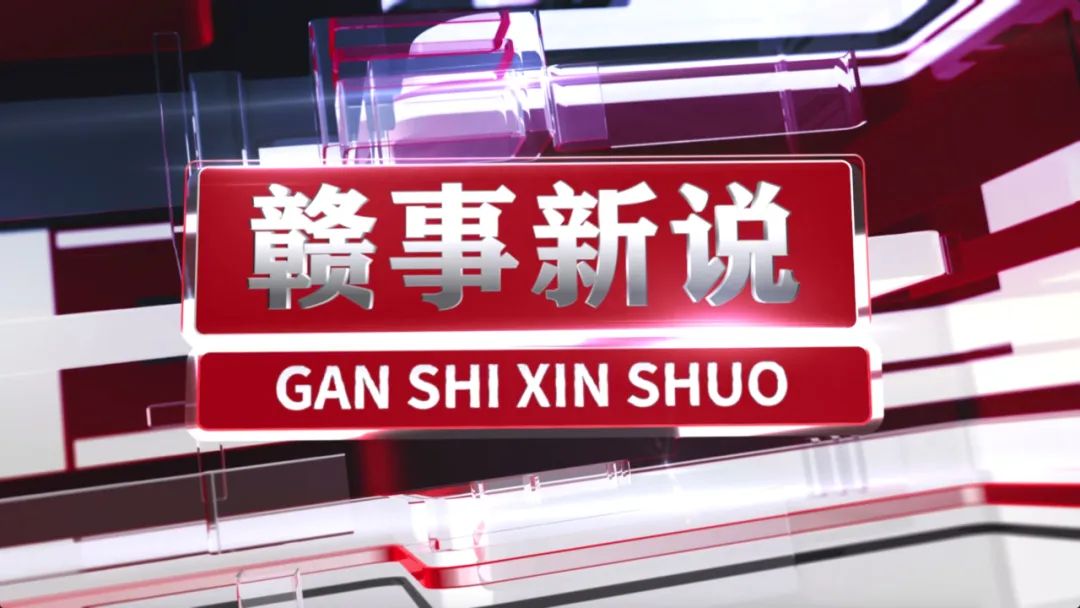
In mid -August, in the period of the germplasm of the middle rice, 1,000 acres of rice in Yuhuang Village, Nanfeng Town, Duchang County, Jiujiang City, Jiangxi, was "dangerous" due to drought. At the same time, under the coordination of the township governments of the two places, it extended a helping hand in Mingshan Village, Yinbaohu Township, Poyang County, Poyang County, Shangrao City, and Yuhuang Village. From August 11th to 18th, Mingshan Village put water from his own reservoir for 7 days and 7 nights to Yu Huangcun.
The generous "borrowing water" of Mingshan Village allowed Yuhuang Village to escape the fate of giving up. And this scene also made Yu Chunke, the secretary of Yuhuang Village branch, as the next generation.
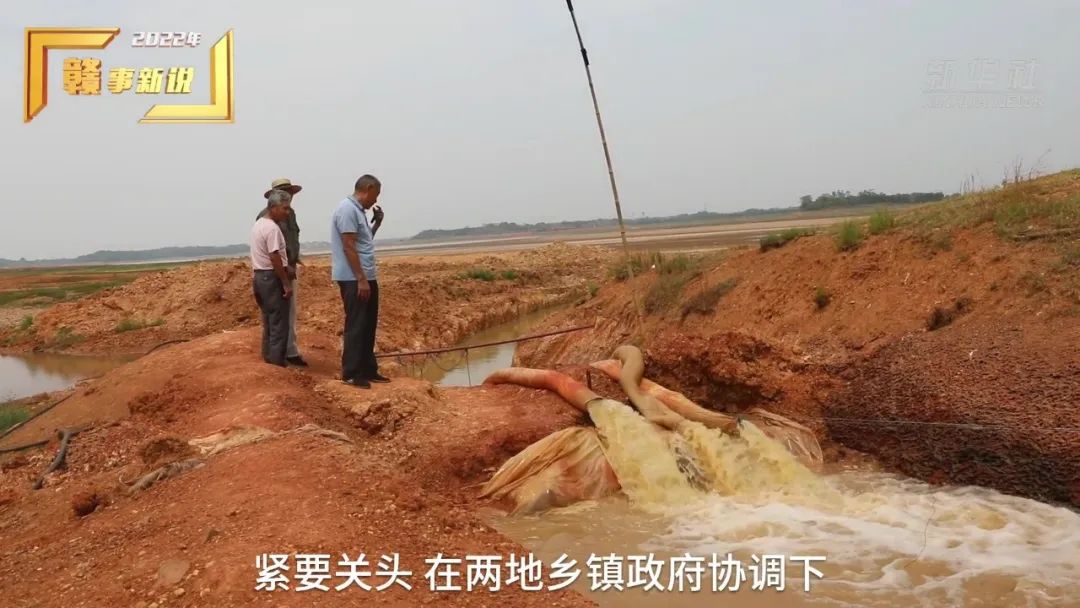
According to the memories of Yu Chunke and the elderly in the village, due to the connection between Yuhuang Village and Mingshan Village and the land, the contradictions between the two villages have continued in history. occur. In the 1970s, the two villages were killed for three people for fighting for the right of the water. Until the end of the last century, the two villages were still in a state of "old death". Families that intermarried in some villagers with each other were cast by the villagers.
From "grabbing water" to "borrowing water", a similar turning story is not a case.
In Shishan District, Tianzheng Street Town, Poyang County, Shangrao City, the six administrative villages here do not rely on rivers or lakes. Historically, villages have also continued to fight for water disputes. Since August, the continuous drought has dried up the mountain ponds here, and more than 20,000 acres of rice has "thirst", and the contradiction with water has been highlighted again.
In mid -August, after the emergency coordination of the nearby reservoir in Poyang County, Wujia Village, located at the end of the water canal, sighed. Chen Xuebing, secretary of the Wujia Village branch, sent dozens of "water guards" along the line of water to the water canal for 24 hours to prevent excessive water release. Corners, push and other friction events began to appear again.
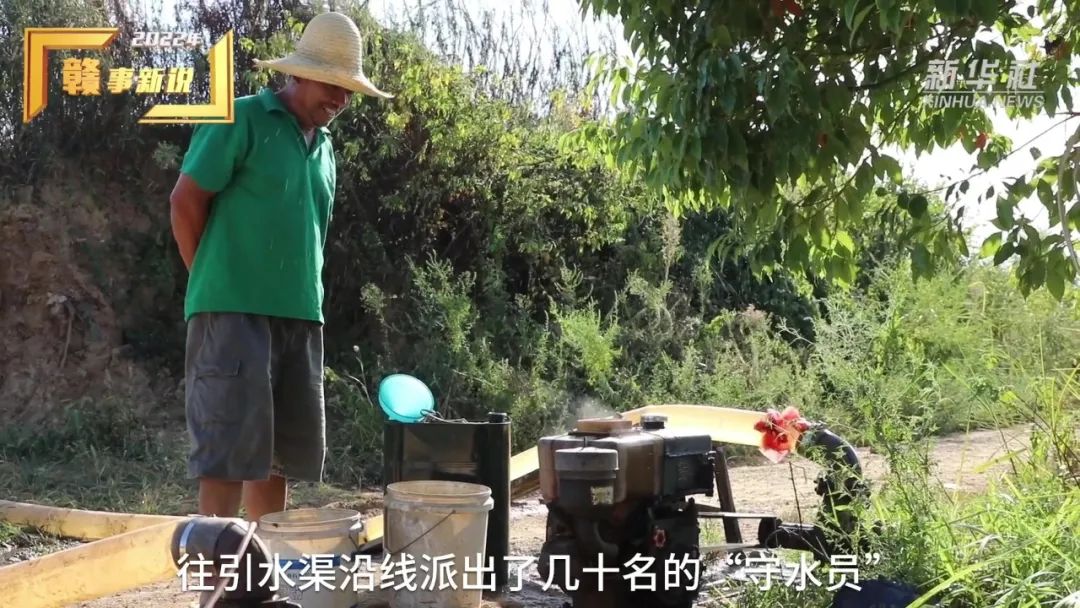
Fortunately, under the coordination of the town government, the village cadres and villagers representing representatives of 6 villages along the water canal sat together and specified the principle of water use of "far away and approaching" through friendly consultation. This allowed Wujia Village to avoid seeing each other with five other villages, and even became a "brother village".
In rural areas, water is the source of reproduction of generations and the guarantee of all things. The memory of "grabbing water" has made many people deeply imprinted. However, since this year's drought, behind the turning story from "grabbing water" to "borrowing water", it shows the profound changes in rural social governance capabilities.
In the face of disaster and other disasters, people in the past have risked from helplessness to risk, and even fought to fight for survival resources, exposing the lack and distress of the grassroots in response to crisis capabilities.
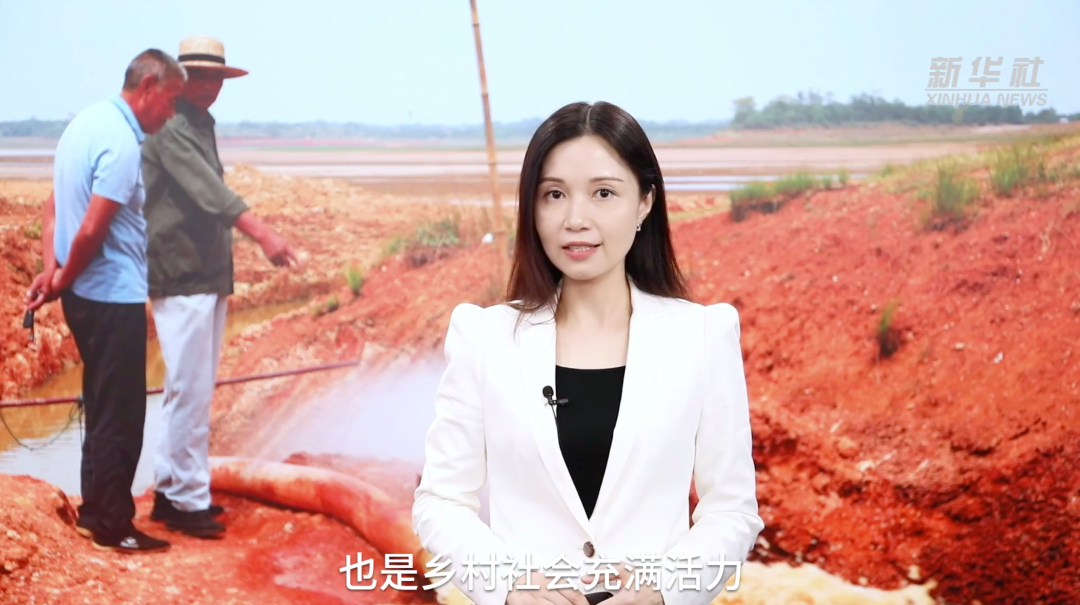
Today, we have seen a series of hilarious changes from this drought. When the grassroots respond to the disaster, the characteristics of democratic coordination, scientific dispatch, and reasonable coordination reflect the characteristics of modernization of rural governance systems and governance capabilities.
Promoting the construction of a rural governance system is the deserved meaning of achieving comprehensive revitalization of the countryside, and it is also the guarantee for the vibrant, harmonious and orderly development of rural society. The drought is still continuing. How to effectively respond to the drought is a "big test" for the rural governance capacity of the grassroots government. We believe that the strength of the times has grown friendship and goodwill on the vast land of rural areas, and more and more warm -hearted "borrowing water" stories will continue to be staged.
Planning: Shen Xiquan
Produced: Li Xingwen
- END -
Zhangzhou Taiwan Business District deeply excavated traditional cultural resources to create a "clean journey"
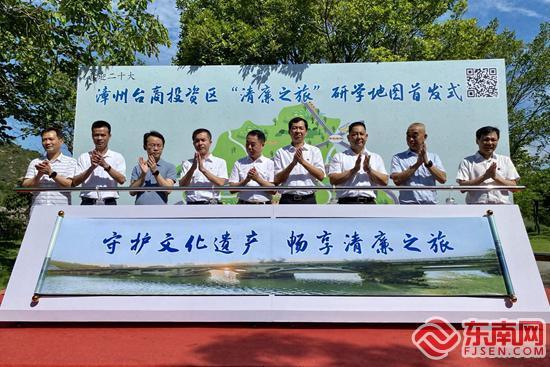
The launching ceremony siteOn the morning of June 22, the launching ceremony of th...
The spirit of the people of Wuhan with the flood has been integrated into the blood, and the Fifth Fang Zhi Lecture Hall opened the lecture.
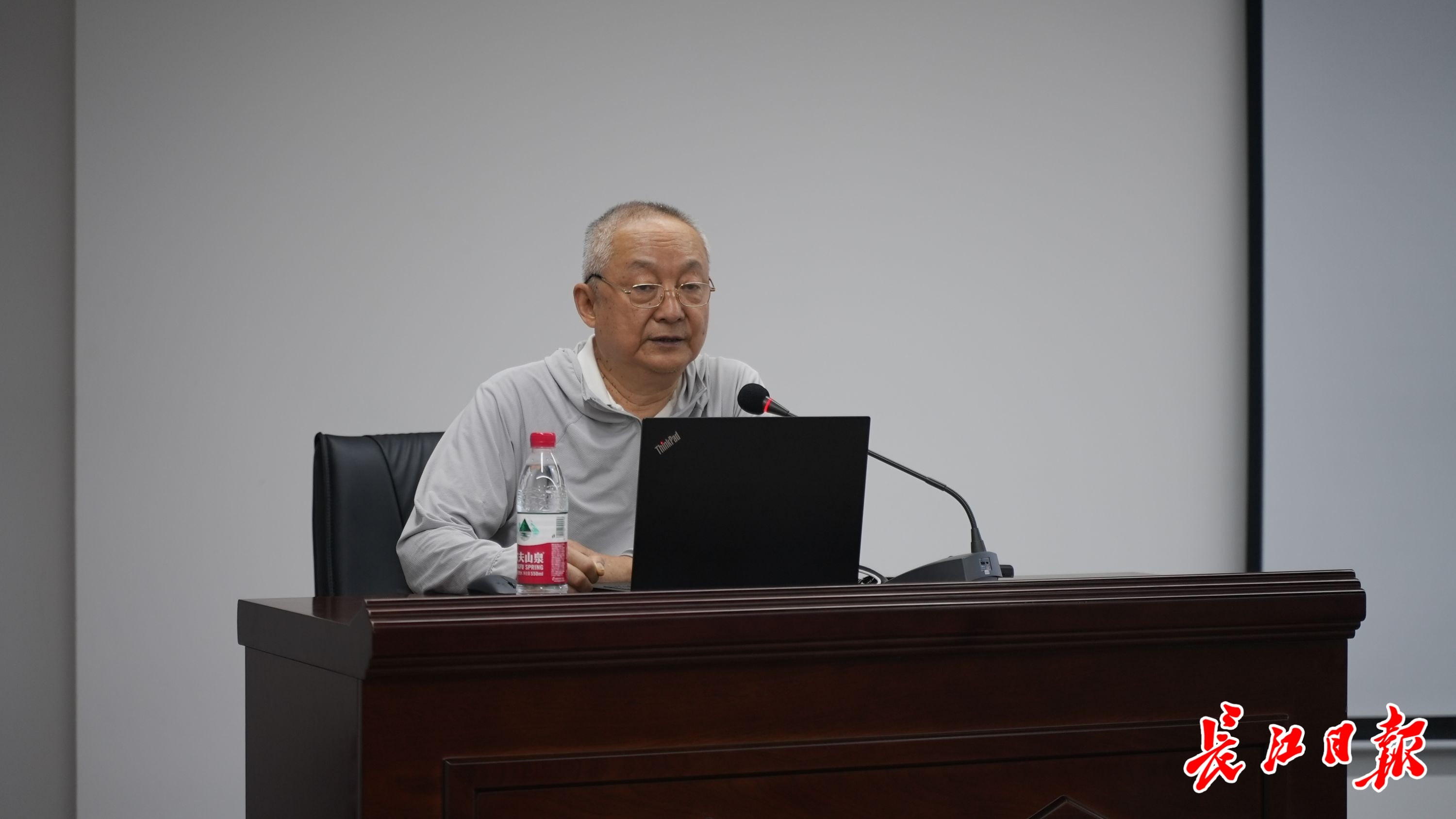
The Yangtze River Daily Big Wuhan Client News (Reporter Liu Yuanhang) The spirit o...